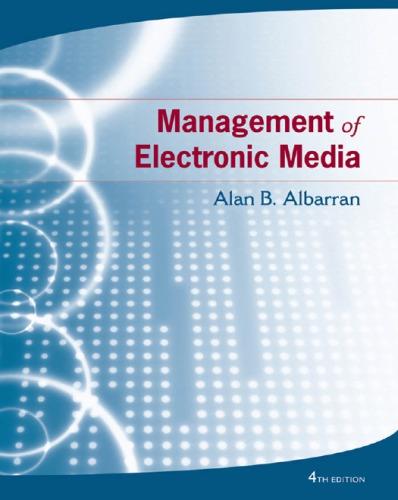Question
From this book : Hill, C. (2022). International Business: Competing in the Global Marketplace (14th ed.). McGraw-Hill Higher Education (US). There a closing case study
From this book : Hill, C. (2022). International Business: Competing in the Global Marketplace (14th ed.). McGraw-Hill Higher Education (US). There a closing case study in chapter one on Detroit Bike.
I need help with the following
1. Relate the case to the subject matter of the chapter (i.e. how relevant to the content of the chapter / how are concepts in the chapter reflected?).
2. Did the outsourcing of bike production to China and other countries during the 1980-2018 period benefit American consumers? Did it benefit American bike producers?
3. Why did Zakary Pashak want to bring bike manufacturing back to the United States in 2013? Was this an economically rational strategy? What problems did he confront when trying to achieve this?
4. How did the imposition of a 25 percent tariff on imports from China by the Trump administration impact Detroit Bikes? Did these tariffs benefit Detroit Bikes? Did they benefit American consumers? What were the unintended consequences of these tariffs?
5. What does this case tell you about (a) the benefits of international trade and globalization, (b) the challenges associated with insourcing manufacturing, and (c) the intended and unintended consequences of import tariffs?
6. Synopsis: briefly state the story (or the focus of the case; what is the problem)
7. Case objectives: what are objectives of the case?
8. Select the best solution and discuss your solution (if any).
Step by Step Solution
There are 3 Steps involved in it
Step: 1

Get Instant Access to Expert-Tailored Solutions
See step-by-step solutions with expert insights and AI powered tools for academic success
Step: 2

Step: 3

Ace Your Homework with AI
Get the answers you need in no time with our AI-driven, step-by-step assistance
Get Started


